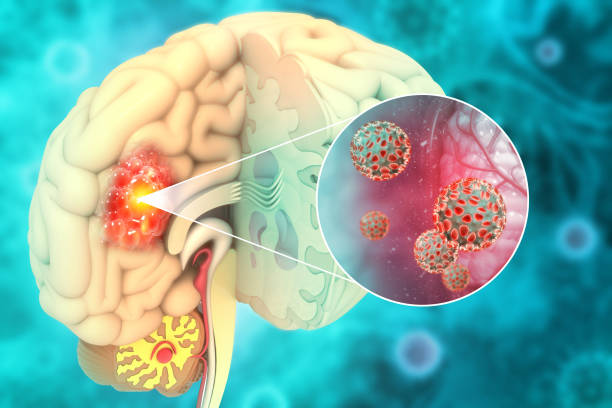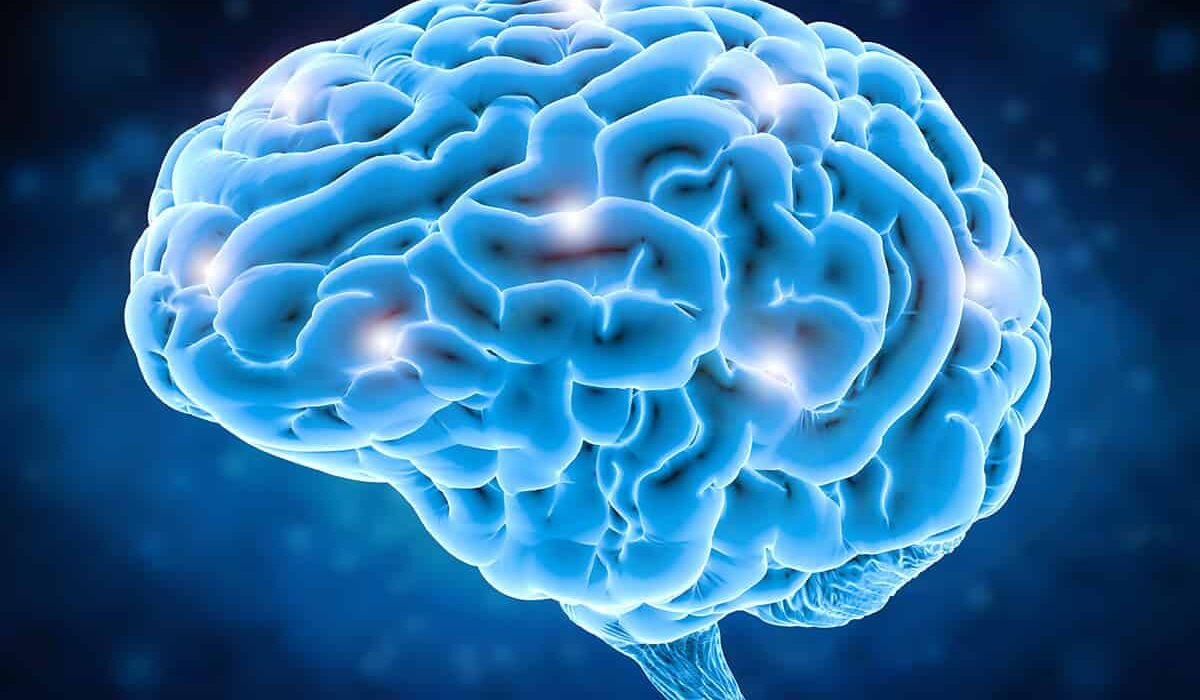Gratitude is more than a fleeting “thank you” or a polite response to kindness—it is a profound state of being, a lens through which life becomes richer, deeper, and more meaningful. When you practice gratitude, you are not just acknowledging what you have; you are shifting the entire way you perceive your world. Gratitude transforms ordinary moments into blessings, hardships into lessons, and relationships into treasures. It has the remarkable power to rewire the mind, soothe the body, and open the heart to joy.
Modern science has begun to uncover what poets, philosophers, and spiritual traditions have long celebrated: gratitude is a cornerstone of human flourishing. It is not merely sentimental—it is biological, psychological, and social. Gratitude strengthens the brain, nurtures the heart, improves immunity, and deepens human connection. In other words, gratitude is not only good for the soul; it is good for your health and happiness.
Gratitude and the Brain
When you feel gratitude, your brain lights up in powerful ways. Functional MRI studies have shown that practicing gratitude activates regions of the brain associated with reward, empathy, and decision-making—particularly the prefrontal cortex. These are the same areas involved in regulating emotions, reducing stress, and creating long-term well-being.
Neuroscientists have discovered that gratitude stimulates the release of dopamine and serotonin, the “feel-good” neurotransmitters. These chemicals act like natural antidepressants, elevating mood and creating a sense of contentment. Unlike fleeting pleasures, the effects of gratitude are enduring because they reshape neural pathways over time. The more you practice gratitude, the more your brain adapts to notice and savor positive experiences.
Gratitude also reduces activity in the amygdala, the brain’s fear center, which is often overactive in times of stress and anxiety. By quieting this region, gratitude allows you to step out of fight-or-flight mode and into a calmer, more reflective state. The result is a brain that becomes more resilient, less reactive, and more capable of joy.
Gratitude and Emotional Well-Being
Psychologists often describe gratitude as an emotion that binds us to others and to life itself. It is a recognition that much of what we receive is not earned or owed but given freely—whether it is the warmth of the sun, the kindness of a friend, or the miracle of being alive at all. This recognition fosters humility and softens the grip of entitlement or resentment.
Research consistently shows that people who practice gratitude experience higher levels of life satisfaction, optimism, and resilience. Gratitude reduces depression and anxiety, helping individuals find light in moments of darkness. It provides a buffer against negative emotions, not by ignoring pain but by balancing it with appreciation for what remains good.
In relationships, gratitude deepens bonds by increasing empathy and trust. Saying “thank you” is not just politeness—it is an affirmation that we see and value others. Couples who express gratitude regularly report greater intimacy and satisfaction. Friendships built on gratitude are stronger, as appreciation reinforces mutual respect and affection.
Gratitude and Physical Health
The effects of gratitude are not confined to the mind and emotions—they extend deeply into the body. Studies reveal that grateful individuals sleep better, have stronger immune systems, and even live longer. Gratitude reduces levels of cortisol, the stress hormone that can wreak havoc on the body when chronically elevated. By lowering stress, gratitude protects the heart, balances blood pressure, and reduces inflammation.
Sleep researchers have found that keeping a gratitude journal before bed improves both the quality and duration of sleep. Instead of ruminating on worries, the mind settles into appreciation, allowing the nervous system to relax. Over time, this leads to improved energy, concentration, and overall vitality.
Gratitude also influences lifestyle choices. People who are grateful are more likely to exercise, eat nutritiously, and avoid harmful habits like smoking or excessive drinking. They see their bodies as gifts to be cared for, not burdens to be ignored. This self-care, motivated by appreciation, creates a cycle of health that reinforces itself.
Gratitude as a Stress-Buffer
Stress is often described as the great enemy of health and happiness. Chronic stress contributes to heart disease, diabetes, depression, and weakened immunity. Gratitude, however, acts as a natural antidote.
When faced with challenges, a grateful mindset allows you to reframe the situation. Instead of seeing only the obstacle, you begin to notice the resources, lessons, and support available to you. This shift does not eliminate difficulty, but it makes it more bearable. Psychologists call this cognitive reappraisal—the ability to reinterpret negative events in a more positive light. Gratitude strengthens this skill, making you more adaptable in the face of adversity.
Physiologically, gratitude triggers the relaxation response, slowing heart rate and deepening breath. This is not mere metaphor—it is a measurable change in the nervous system. Over time, these moments of calm accumulate, reducing the wear and tear that stress imposes on the body.
Gratitude and Resilience
One of gratitude’s most profound gifts is resilience—the ability to recover and grow from adversity. Life is filled with loss, disappointment, and uncertainty. Without resilience, these experiences can overwhelm the spirit. Gratitude, however, acts as an anchor, reminding us of what remains even when much has been taken away.
Survivors of trauma often describe gratitude as a turning point in their recovery. It may begin as something small: gratitude for a friend who listens, for a sunset that brings peace, for the simple act of breathing. These moments create footholds in the climb out of despair.
Psychological studies confirm that gratitude fosters post-traumatic growth—the ability not just to survive hardship but to emerge stronger and wiser. By focusing on what is still good, gratitude helps individuals integrate painful experiences into a broader narrative of meaning. This does not deny suffering but gives it context within the larger story of life.
Gratitude and Social Connection
Humans are social creatures, and gratitude is one of the most powerful forces that binds us together. At its core, gratitude is relational—it acknowledges that we are beneficiaries of kindness, generosity, and care. Every “thank you” is a thread in the fabric of community.
In social psychology experiments, expressing gratitude increases prosocial behavior. People who feel appreciated are more likely to help others, cooperate, and build stronger networks of trust. Gratitude creates a ripple effect: one act of appreciation can inspire further acts of kindness, creating cycles of generosity that uplift entire groups.
In workplaces, gratitude fosters a culture of recognition and engagement. Employees who feel valued are more productive, loyal, and innovative. In schools, gratitude improves classroom climate, increasing motivation and reducing bullying. In families, gratitude strengthens bonds across generations, teaching children empathy and appreciation.
Gratitude and Happiness
Happiness is often pursued as though it were a destination—a state we reach after achieving goals or acquiring possessions. Gratitude flips this equation. Instead of waiting for happiness to arrive, gratitude allows us to cultivate it in the present moment.
Positive psychology, the scientific study of well-being, identifies gratitude as one of the strongest predictors of lasting happiness. Unlike pleasure, which fades quickly, gratitude deepens over time. It shifts attention away from what is missing and toward what is present, creating a sense of sufficiency and contentment.
Happiness rooted in gratitude is more stable because it does not depend on external circumstances. Even in times of hardship, gratitude allows joy to coexist with sorrow. It turns ordinary experiences—sharing a meal, hearing laughter, feeling the breeze—into sources of wonder. Gratitude does not make life perfect, but it makes life beautiful.
The Spiritual Dimension of Gratitude
Beyond psychology and physiology, gratitude has a spiritual dimension. Nearly every religious and spiritual tradition emphasizes gratitude as a virtue central to human flourishing. Whether expressed as prayer, meditation, or ritual, gratitude connects individuals to something larger than themselves.
For some, this “something larger” is God; for others, it is nature, the universe, or the interconnected web of life. Gratitude, in this context, is not only about receiving but also about belonging. It is the recognition that life itself is a gift, that we are participants in a greater story.
Spiritual practices of gratitude often cultivate awe and humility. Standing before the vastness of the cosmos or the beauty of the Earth, gratitude reminds us of our smallness and our significance at the same time. It grounds us in reverence and invites us into compassion.
Gratitude Practices That Work
Science has explored practical ways to cultivate gratitude, and the results are compelling. The most studied methods include keeping a gratitude journal, writing gratitude letters, and expressing thanks verbally or through acts of kindness.
Keeping a gratitude journal involves regularly recording things you are thankful for, whether small or grand. Over time, this trains the brain to scan for positives, shifting the baseline of mood and outlook. Writing gratitude letters—especially when delivered to the recipient—has been shown to boost well-being for both giver and receiver.
Even simple acts, like pausing each day to reflect on three good things, can create measurable improvements in mood and resilience. What matters most is consistency. Gratitude is like a muscle—the more you exercise it, the stronger it becomes.
Gratitude in the Face of Modern Challenges
In today’s world, it is easy to lose sight of gratitude. News cycles amplify negativity, social media fosters comparison, and consumer culture fuels dissatisfaction. Gratitude, however, offers a counter-narrative. It reminds us that fulfillment comes not from more but from enough.
During global crises—pandemics, climate change, social upheaval—gratitude can feel almost impossible. Yet it is precisely in these times that gratitude becomes essential. It grounds us in what is still possible, what is still beautiful, what is still worth protecting. Gratitude does not deny suffering; it gives us strength to face it.
Conclusion: Living a Grateful Life
Gratitude is not a fleeting emotion; it is a way of living. It is the conscious choice to focus on abundance rather than lack, to honor the gifts of life even in the face of hardship. Gratitude improves health by calming the body, strengthens happiness by reshaping the mind, and deepens meaning by connecting us to others and the world around us.
Science confirms what wisdom traditions have long known: gratitude is one of the simplest and most profound ways to flourish as a human being. It costs nothing, requires no special equipment, and is available to everyone. Yet its impact is immeasurable.
When you wake up tomorrow, you might choose to whisper a quiet “thank you”—for the breath in your lungs, for the chance to love and be loved, for the miracle of being alive. In that moment, you will not only improve your health and happiness; you will be participating in one of the oldest, most transformative practices known to humanity: the practice of gratitude.






